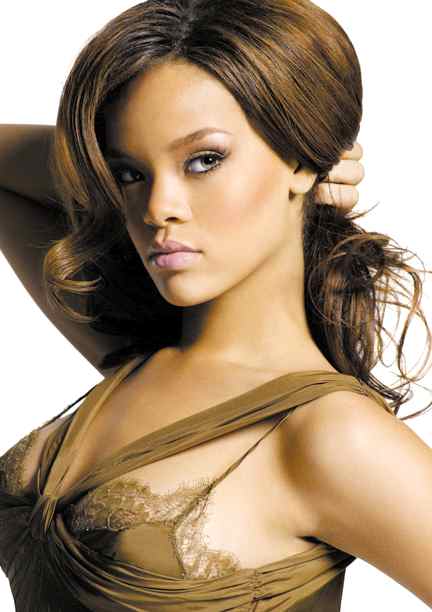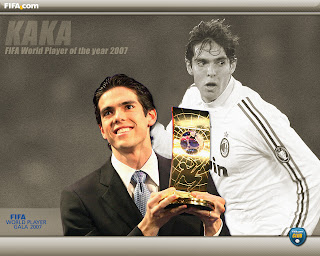Mention pro wrestling in public and you're likely to get a livelier debate than you would with politics or philosophy. Is it a sport or a show? Is it real or fake? Who was the greatest wrestler ever? Where is "Parts Unknown"?
By the time you're done reading this article, you'll have enough pro wresting knowledge to put anyone who disagrees with you into a Sleeper Hold, unable to budge the Iron Claw of your logic.
You'll learn how wrestling got started and how wrestlers accomplish seemingly superhuman feats without killing themselves and each other. You'll also learn about the top stars of the past and present. And if you're already an expert on all things in the squared circle, you'll discover that the action behind the scenes is often more bizarre and convoluted that what goes on in the ring.
The Basics
The basic idea of wrestling -- two people competing in a physical combat -- is ancient. The Greeks engaged in a form of wrestling that has survived today as freestyle wrestling. The Roman Empire adopted elements of Greek wrestling with an emphasis on brute strength. The resulting form, known as Greco-Roman wrestling, requires wrestlers to perform all moves on the upper body only. Freestyle and Greco-Roman wrestling are the two international amateur forms practiced today in the Olympic Games. They have clear rules and weight classes. Points determine winners, and violations result in disqualifications. You can find more information on the rules of amateur wrestling here.
 A Greco-Roman wresting match held during the 2004 Armed Forces Wrestling Championship in New Orleans, Louisiana. |
How is professional wrestling different? Unlike amateurs, professional wrestlers are paid. They also tend to be more skilled. A sporting commission regulates amateur wrestling, but pro wrestling is intentionally unregulated. In its early days, wrestling fell under the state sporting commission authority. League owners soon realized that they could avoid the hassle by classifying their shows as entertainment, not a competitive sport.
 WWE Raw superstar Kurt Angle began his career as an amateur wrestler, winning Olympic gold in Atlanta in 1996 (he often wears his medal in the ring, as show here). He shocked the amateur wrestling world when he turned pro. |
Wrestling does have rules, which we'll explain in more detail later. However, the rules are loosely defined and loosely enforced. The skills of the wrestlers do not determine the outcome of the match. Instead, writers work on plots and storylines well in advance, and every match is another chapter in the story. Who wins and who loses is all in the script.













